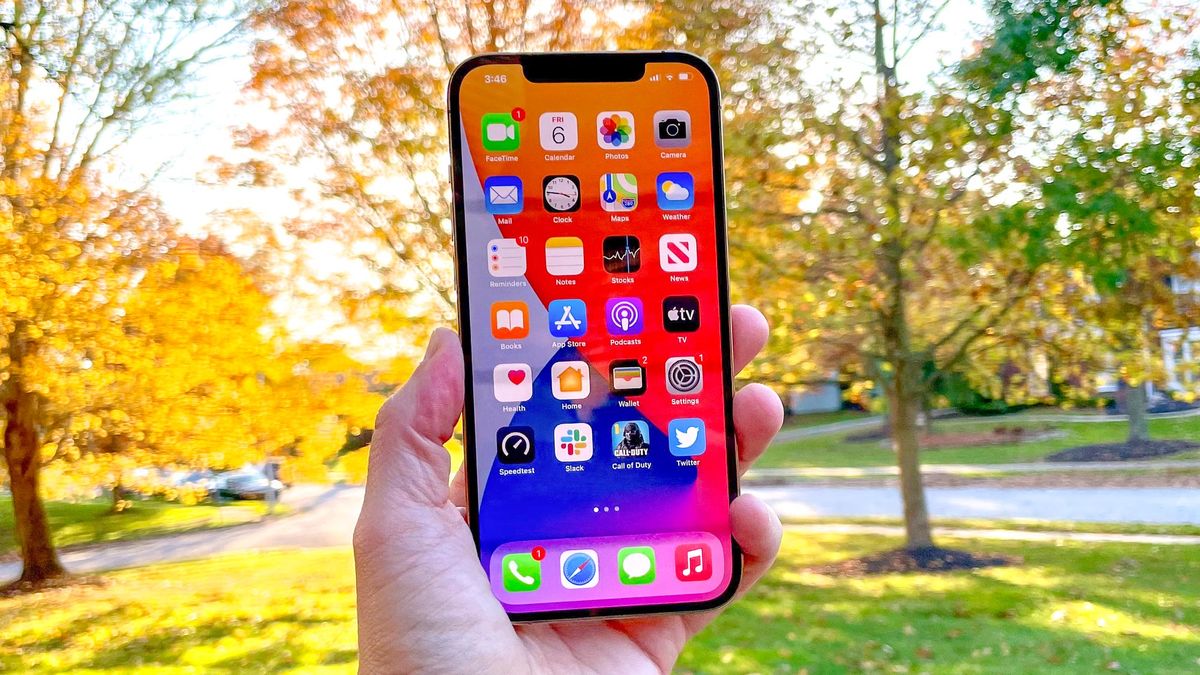
Over the past three years, Apple has been at the forefront of prioritizing user privacy, and one of its standout features is the App Tracking Transparency. This feature empowers Apple users with the choice to control which apps can track their activity and access their data. When you opt-out, Apple ensures that apps are unable to access identifiers linking your device with your app activity, which is commonly shared with advertisers for targeted ads. Essentially, unless explicit permission is granted, apps, even those developed by Apple, cannot utilize your data for targeted advertising or share identifiers like location data and advertising IDs with third parties.
Introduced at the Worldwide Developers Conference in 2020 and implemented in iOS 14.5, the App Tracking Transparency feature has evolved with subsequent iOS updates. The latest iOS 17 allows users to select their default search engine in private browsing mode, offering enhanced choice and privacy. Additionally, a forthcoming iOS update aims to bolster security by making it more challenging for thieves to access sensitive information on stolen devices.
The impact of Apple’s App Tracking Transparency reverberates across the tech industry, receiving support from privacy advocates while drawing criticism from companies like Meta, citing adverse effects on their ad business. A 2021 investigation estimated a collective $9.85 billion loss in ad sales for platforms such as Snapchat, Facebook, Twitter, and YouTube due to users opting out of tracking.
Even if you initially allowed tracking, you can modify your preferences at any time. When downloading a new app, you’ll receive a notification seeking permission for tracking. To block this activity, tap “Ask App Not to Track.” Alternatively, you can universally opt out of app tracking by navigating to Settings > Privacy & Security > Tracking and toggling off “Allow Apps to Request to Track.” This blocks any app from seeking permission and informs them of your tracking preference.
It’s crucial to understand that disabling app tracking doesn’t eliminate ads; it merely increases the likelihood of generic ads rather than personalized ones. To manage tracking for existing apps, go to Settings > Privacy & Security > Tracking, where you’ll find a list of apps requesting tracking permission. Toggle off tracking for the apps you want to prevent from tracking you.
Apple’s commitment to privacy distinguishes its products from competitors like Google and Samsung. Tim Cook emphasizes privacy as a “fundamental human right,” highlighting Apple’s unique position due to its business model not relying on ad sales.
However, it’s essential to remain vigilant, as denying access to your iPhone’s Identifier for Advertisers (IDFA) doesn’t guarantee that app developers won’t employ alternative tracking methods. Mindful interaction with apps remains critical for a holistic approach to privacy.



